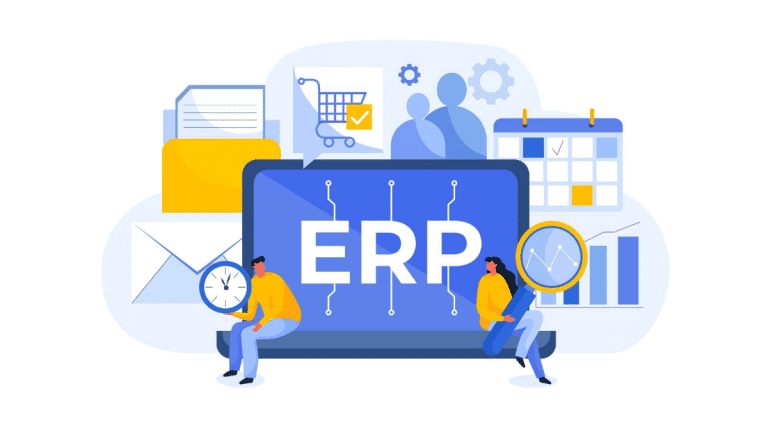Enterprise Resource Planning (ERP) systems play a vital role in the present-day management of the supply chain.
These comprehensive software solutions are designed to streamline and optimize various aspects of a business, including inventory management, procurement, production planning, and distribution.
Read and learn the role of ERP in supply chain management and the benefits it brings to businesses. If you want to speed up, call on Netsuite Consulting services for on supply chain.
Contents
Benefits and Role of Enterprise Resource Planning
The ERP assumes several roles in supply chain management. Below are a few of them.
Improved visibility
ERP systems provide real-time visibility into the supply chain. This means businesses can monitor inventory levels, track shipments, and access up-to-the-minute data on order statuses. Upgraded visibility permits better decision-making and diminishes the risk of overloading or stockouts.
Inventory management
Without inventory management, the supply chain operations will fail. ERP frameworks assist organizations in maintaining ideal inventory levels via automating reorder indicators, monitoring utilization patterns, and reducing delivery costs. This results in reduced holding costs and improved cash flow.
Streamlined procurement
The ERP streamlines the procurement process by automating purchase orders. It also streamlines supplier communication and invoice management. This ensures that the right materials are procured at the right time and price, contributing to cost savings and efficiency.
Quality control
Maintaining product quality is essential in supply chain management. ERP frameworks incorporate quality control features that track and screen item quality at different phases of production. This recognizes and addresses quality issues on time.
Supply chain collaboration
Collaboration with suppliers, vendors, and other partners is vital in supply chain management. Many ERP systems offer collaboration tools that facilitate communication, document sharing, and data exchange, ensuring that all parties are aligned and informed.
Reduction of expenses
ERP frameworks add to cost reduction in supply chain activities. Businesses can lower operational costs and improve profitability by automating tasks, minimizing errors, optimizing inventory, and improving overall efficiency.
Compliance and traceability
Compliance with industry regulations and product traceability are increasingly important. ERP systems provide the tools to track products throughout the supply chain, ensuring safety, quality, and regulatory standards compliance.
Data Analytics
ERP systems often include advanced analytics and reporting capabilities. Organizations can use these tools to acquire insights into supply chain performance, distinguish areas to improve, and make data-driven decisions.
Customer satisfaction
Ultimately, an efficient supply chain aims to meet customer demands promptly and with high-quality products. ERP systems empower organizations to enhance order fulfillment, lessen lead times, and improve consumer loyalty.
Scalability
As businesses grow, their supply chain needs to evolve. ERP systems are scalable, allowing companies to adapt to changing demands, expand operations, and integrate new processes seamlessly.
Conclusion
All in all, ERP frameworks are essential in the supply chain management of today. They offer end-to-end permeability, smoothing out operations and boosting efficiency.
By leveraging ERP software, businesses can optimize inventory, reduce costs, enhance collaboration, and ultimately meet customer demands more effectively.
As supply chains become increasingly complex, ERP systems remain valuable in maintaining a competitive edge and ensuring a resilient and responsive supply chain.

